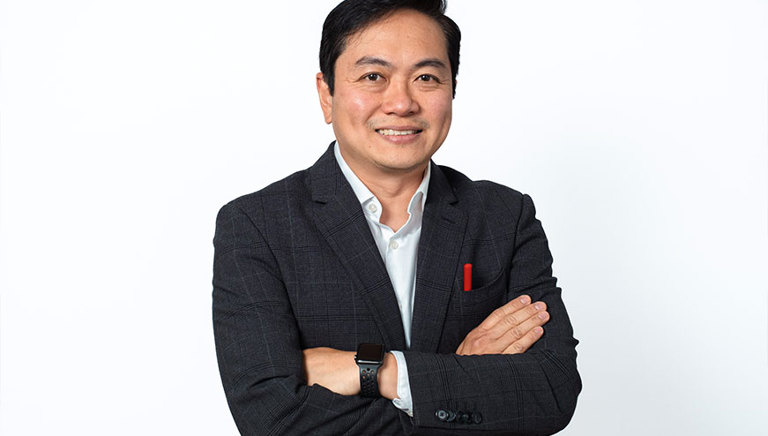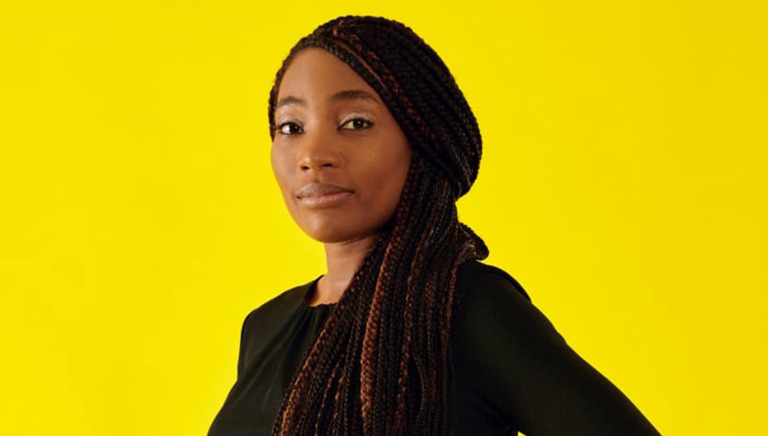There’s nothing we can’t do or achieve, but people with thalassaemia need understanding and support
Thalassaemia major
Thalassaemia major is a serious, genetic blood disorder. People with the condition cannot make enough haemoglobin in their red blood cells and are dependent on regular blood transfusions and painful medications throughout their lives.
Roanna Maharaj was diagnosed with a severe form of the disease as a baby in the Caribbean. This is her story.
Receiving a diagnosis of a rare condition is a major life changing event for families. Like my parents and many families that I’ve had the pleasure to meet over the years, the diagnosis of their child having beta thalassaemia major shattered the world they once thought they knew.
The concept of their child needing life-long blood transfusions every three to four weeks and daily iron chelation medication ((medicine to remove iron from the blood) in order to stay alive is an enormous and challenging pill to swallow.
Being diagnosed with the condition at a young age and being blessed with parents who normalised my regular blood transfusions and iron chelation therapy, I believed I was invincible. I excelled in school, played sports, music, danced and achieved anything that I put my mind to.
I have heard from other patients describe that life with an “invisible” condition such as thalassaemia can be bittersweet as they are often denied help and support when they need it the most. I would like to see this change, and hope my story will help raise awareness of what people with thalassaemia go through.
My 13th birthday was not remembered as the celebration that most children experience. It was the day that I saw a close friend of mine with thalassaemia who just three years older; on her last moments of life. My parents had heard she was unwell, and I decided I wanted to visit her to cheer her up. The reality we faced that day is a memory that we can never erase.
Despite losing another friend a few years before, I had never made the connection between thalassaemia and death. I started to think about the age my friends were dying. I realised that no one was crossing the age of sixteen which was only three years away. Was I going to die prematurely too?
At the age of 14, my mum was offered a governmental post in the UK which meant that we needed to relocate to the UK - something that I am extremely grateful for. I will always remember my first day at my new hospital. I met patients with thalassaemia major whose ages ranged from 18 to early 40s. I could not believe my eyes. Not only were some of these individuals at university and employed, but they were also married and some even parents. There was life after 16 after all.
I settled into school and began preparations for GCSE’s. Suddenly, my life had purpose again and my dreams were reignited.
Though treatment was extremely difficult growing up and each day I had an internal fight with myself to convince myself to not miss a single dose and to keep pricking my abdomen and legs despite having no free painless spots, I did it. I excelled in my undergraduate degree with honours in psychology, modelled, and had a life most would envy.
At 21, I was offered a scholarship to pursue my MSc in health psychology from my university- something that only one person per year was offered and I jumped at the offer. My future looked bright; full of endless possibilities.
However, a few months later, life changed. I began to experience severe reactions to the blood transfusions I needed to survive. As the weeks and months went on, the reactions increased in severity. My education began to suffer as my transfusion regime became more and more frequent. I needed to attend 90% of my lectures and labs in order to advance to the doctorate. The course leader said, “there could be no exceptions made” and suggested I had to find another time to have my blood transfusions or stop the course.
I was determined to continue as anything less felt like failure. I struggled through it and despite the challenges, and frequently having to go to class in extreme pain following all-night transfusions, I graduated with a MSc in Health Psychology that year with distinction and gained a full scholarship at 22 to pursue my PhD and clinical doctorate in Health Psychology.
The sad reality for most patients with thalassaemia is that with advances in treatment and not looking “sick” many people do not believe how severely the condition can impact our lives.
People with thalassaemia fight battles that the “healthy” can often take for granted. I have heard from many patients that there were asked to take annual leave or sick leave to attend hospital for their blood transfusions, scans and clinic appointments which meant they had zero holidays or would not get paid.
I have heard from other patients describe that life with an “invisible” condition such as thalassaemia can be bittersweet as they are often denied help and support when they need it the most.
I would like to see this change, and hope my story will help raise awareness of what people with thalassaemia go through.
Roanna is a volunteer for the UK Thalassaemia Society, which advocates for people with the condition.
- Rare diseases
Last modified: 20 September 2023
Last reviewed: 20 September 2023

